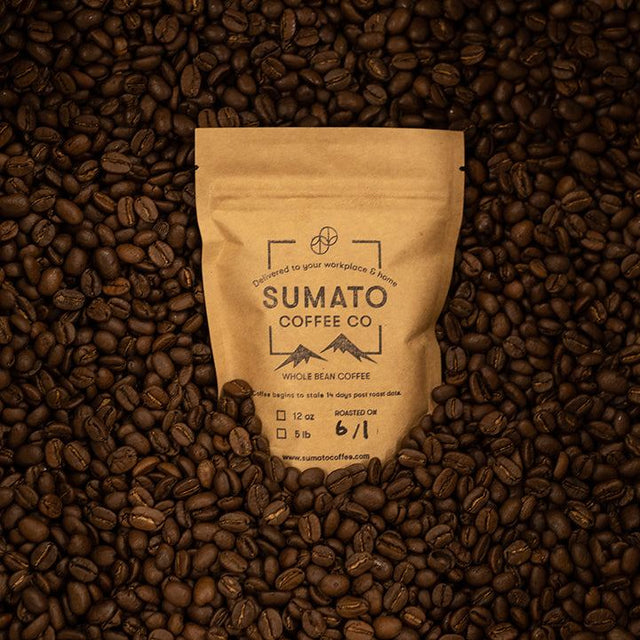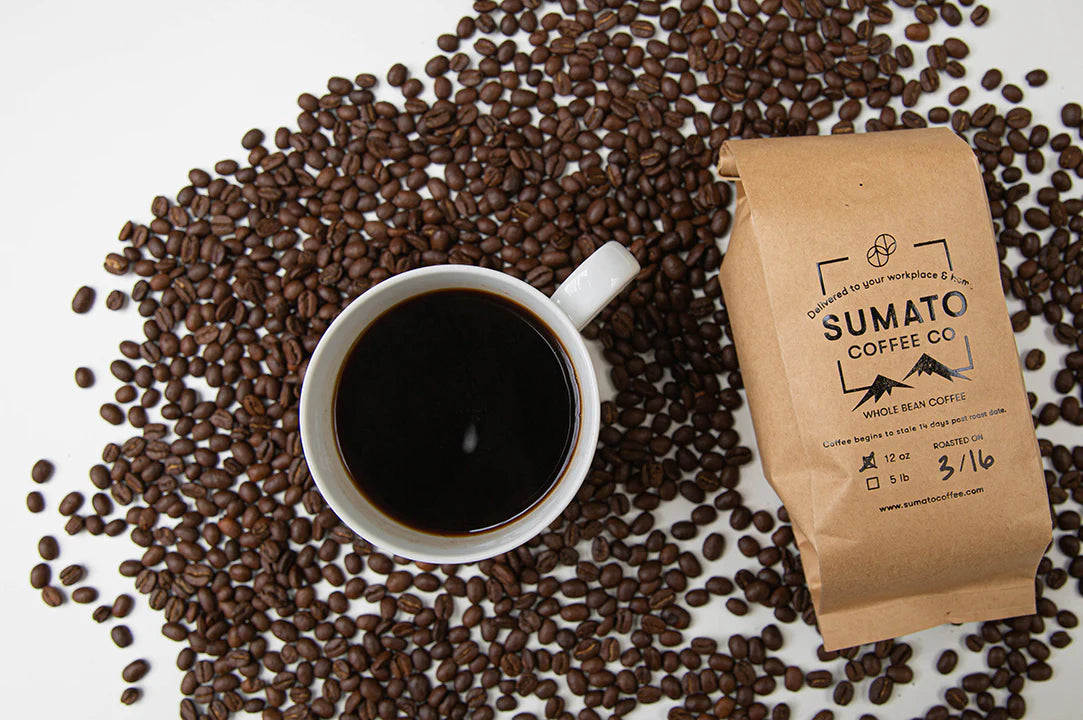Understanding coffee labels can be a bit overwhelming, but understandning them is essential for choosing the best coffee that aligns with your preferences and values. Here’s a quick guide to help you navigate the most common terms you’ll see.
Single Origin
Single-origin coffee comes from one specific region or country, and sometimes even a single farm. This type of coffee is prized for its unique flavors, which reflect the characteristics of its origin. For instance, Ethiopian coffee is often known for its fruity and floral notes, while Brazilian coffee might have a nutty, chocolatey profile.
Fair Trade
Fair Trade certification ensures that the coffee farmers receive fair wages and work under decent conditions. This label also indicates that the farmers are practicing sustainable farming methods. Buying Fair Trade coffee supports ethical practices and helps improve the lives of people in coffee-growing communities.
Organic Coffee?
Organic coffee is grown without the use of synthetic fertilizers or pesticides. This label ensures that the coffee is produced using natural methods that are better for the environment and potentially healthier for consumers. Organic farming practices promote biodiversity and soil health.
Rainforest Alliance
Coffee with the Rainforest Alliance seal meets specific environmental, social, and economic sustainability standards. This certification ensures that the coffee is produced in ways that protect forests, wildlife, and the well-being of workers and local communities.
Shade-Grown
Shade-grown coffee is cultivated under the canopy of trees, mimicking the natural growing conditions of wild coffee plants. This method supports biodiversity, provides habitat for wildlife, and often results in beans with richer flavors.
Direct Trade
Direct Trade focuses on building direct relationships between coffee roasters and farmers. This often leads to higher-quality beans and ensures that a fair price is paid directly to the growers, bypassing traditional middlemen.
Conclusion
By understanding these terms, you can make more informed choices that not only suit your taste but also support ethical and sustainable practices in the coffee industry.
More stories

What are Coffee Blends and How are They Made?

